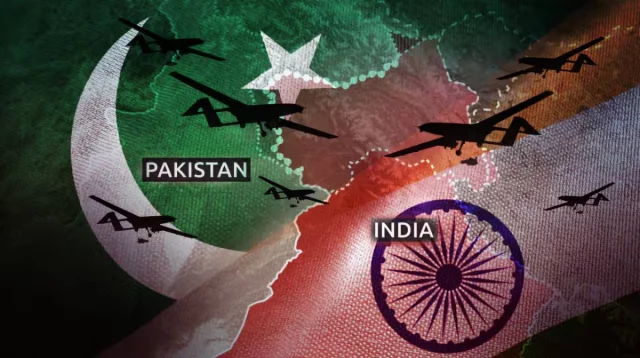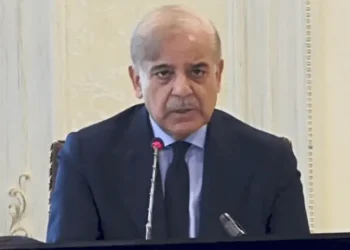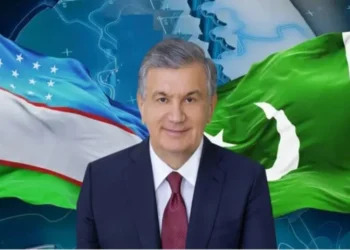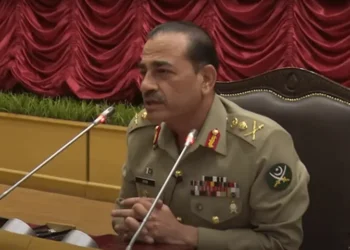MNN (Web Desk); Pakistan has denounced India’s refusal to accept a Permanent Court of Arbitration (PCA) ruling that upholds the Indus Waters Treaty (IWT) and limits India’s ability to design hydroelectric projects on rivers allocated to Pakistan. Islamabad says the award is binding under both the treaty and international law, stressing that the IWT has been a critical safeguard against water-related disputes in South Asia since 1960.
Federal Minister for Water Resources Muhammad Moeen Wattoo said India was attempting to “run away” from its treaty obligations. He stressed that neither India nor Pakistan can terminate or suspend the IWT unilaterally. Wattoo added that the PCA had already rejected India’s earlier objections to the court’s jurisdiction, confirming its authority to decide the dispute.
Responding to the PCA’s ruling, Indian Ministry of External Affairs spokesperson Randhir Jaiswal declared that “India has never accepted the legality, legitimacy, or competence” of the tribunal. He described its pronouncements as “without jurisdiction” and “devoid of legal standing,” insisting they have no bearing on India’s right to use the waters. Jaiswal reaffirmed India’s decision to hold the treaty “in abeyance,” a position Pakistan says has no legal basis.
The IWT grants Pakistan rights over the three western rivers — Indus, Jhelum, and Chenab — while India controls the three eastern rivers. In 2023, Pakistan brought a case to the PCA over Indian hydropower projects on the western rivers, arguing that their design violated technical limits set out in the treaty and could harm Pakistan’s agriculture and energy security.
In its decision published Monday, the PCA confirmed its jurisdiction and ruled that India “does not have the liberty to base hydroelectric project designs on ideal engineering practices” for the western rivers. Instead, such projects must “strictly” comply with the treaty’s specifications, ensuring that water flows to Pakistan remain “unrestricted.” Attorney General Mansoor Usman said the ruling fully supported Pakistan’s position.
Wattoo also criticised India’s earlier letter seeking to amend the treaty, calling it legally void. He said any unilateral modification or suspension of the IWT violates not only the treaty itself but also established principles of international law.
India’s move to suspend the treaty followed an April 2024 attack in occupied Kashmir’s Pahalgam, which killed 26 people. New Delhi blamed Islamabad without evidence. Pakistan called any attempt to block its water share an “act of war” and signalled legal action under the 1969 Vienna Convention on the Law of Treaties.
A supplemental PCA award in June again ruled that India could not unilaterally hold the treaty in abeyance. However, India responded by repeating that it does not recognise the court or its decisions.
International lawyer Ayesha Malik said India’s position showed “a departure from being a responsible, law-abiding state.” She added that the PCA’s call for dialogue had been ignored, accusing the Modi government’s “Hindutva” agenda of preferring confrontation over cooperation.





































































